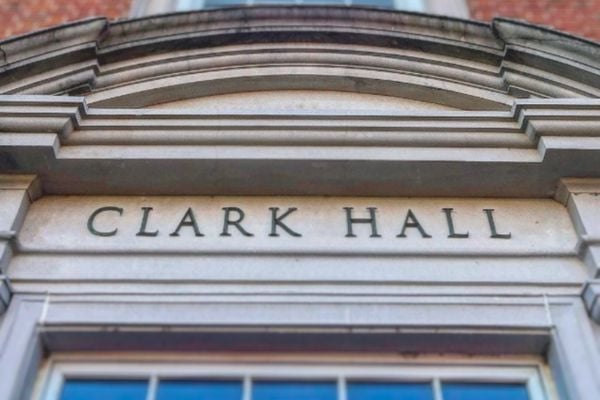Johns Hopkins University has joined the Alliance for Relevant and Inclusive Sponsorship of Engineers (ARISE). With grants totaling $3.3 million from the National Science Foundation, the ARISE Alliance will develop a discipline-relevant and inclusive faculty sponsorship model that aims to increase the professional success of diverse junior BME researchers at Johns Hopkins, Brown University, Columbia University, and Yale University.
The Alliance was inspired by ongoing recognition at Johns Hopkins and its partners that a diverse STEM student body and faculty is critical for ensuring US innovation and leadership.
“The mission of ARISE aligns well with our values of inclusive excellence at Johns Hopkins Biomedical Engineering. Our goal is to create and maintain an environment in which everyone, regardless of background or identity, is able to thrive and innovate solutions that will improve and expand health care delivery across the globe,” said Michael I. Miller, Bessie Darling Massey Professor and Director of the Johns Hopkins Department of Biomedical Engineering and a principal investigator for the Alliance.
The grant is part of the NSF’s Alliances for Graduate Education and the Professoriate (AGEP) program.
ARISE scholars — including doctoral candidates, postdoctoral research scholars, and early career faculty members — will be matched with an established faculty sponsor with similar research interests at an ARISE partner institution. ARISE sponsors will actively promote the scholar’s research as well as support networking activities and extended campus visits; in turn, ARISE scholars will greatly expand their professional networks by working with sponsors outside of their own institution.
Collectively, the four ARISE institutions have more than one hundred faculty available to serve as sponsors of young biomedical engineering scholars. Longer term, these networks will translate into future career success for scholars in the ARISE Alliance’s academic departments, the principal investigators say.
The Alliance will expand upon existing programs to strengthen Hopkins BME’s culture of inclusive excellence in recent years, such as the Rising Stars in Engineering in Health Workshop, a two-day, interactive workshop to train and empower the next generation of biomedical engineering leaders in academia; and the BME Distinguished Fellows program, which provides talented, interdisciplinary postdoctoral fellows with an accelerated pathway to independence.
Warren Grayson, a professor of biomedical engineering and the BME department’s Vice Chair of Faculty Affairs, will oversee the Alliance efforts at Johns Hopkins and says that solving today’s toughest research challenges requires insight from diverse perspectives and diverse professionals.

